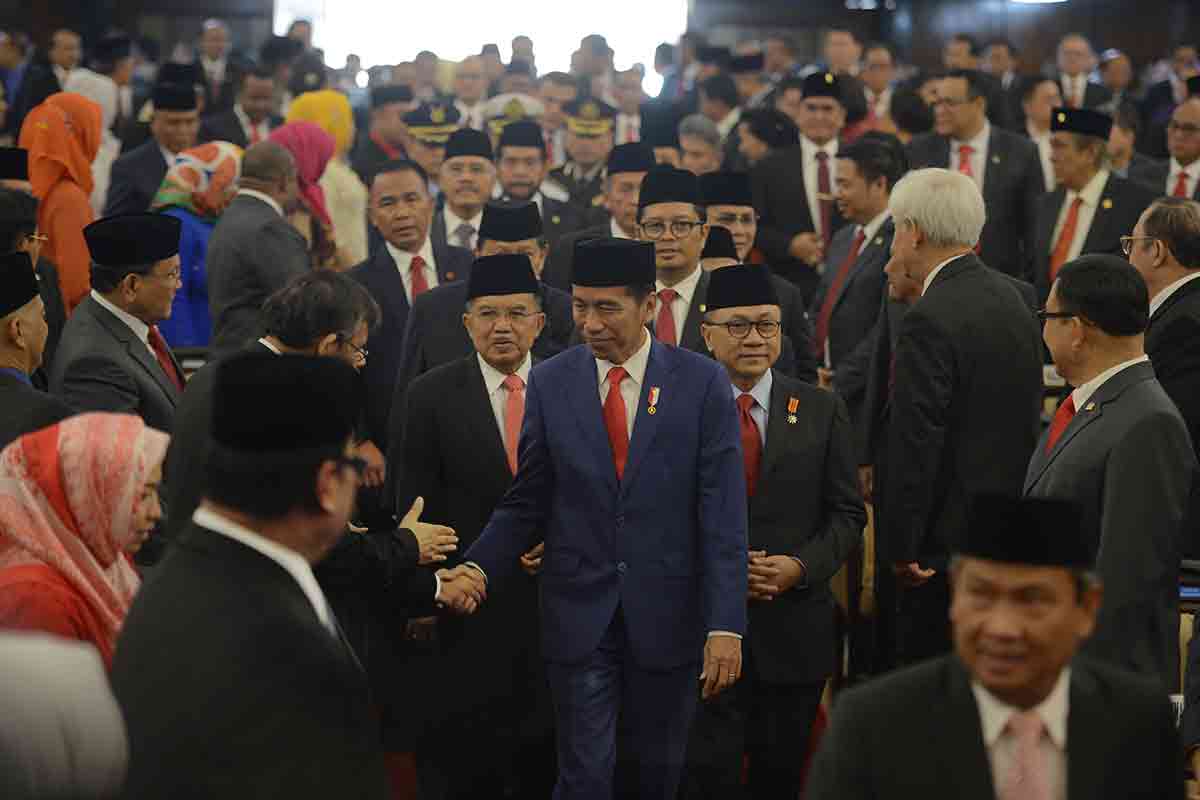Indonesia celebrates 73 years of independence today as a vibrant and powerful country, thanks in no small part to ASEAN.
“As the largest country in ASEAN, Indonesia has benefitted greatly from the peace, stability, and expectation for economic growth that ASEAN promoted in the region,” said Professor Hidetoshi Nishimura, President of Jakarta-based think tank, Economic Research Institute for ASEAN and East Asia (ERIA).
ASEAN serves as a platform for discussion between leaders of member nations and has managed to successfully avoid conflicts. “In the past, neighbours were seen as competition or even threats,” he added.
This allows Indonesia to focus on internal development and to attract foreign investors without worrying about protecting its borders. “Indonesia has moved from being one of the world’s poorest countries to becoming a member of the G20. This remarkable economic turnaround would not have happened had Indonesia been forced to focus on external threats,” he explained.
Focus on internal development has yielded results in recent years under the leadership of President Joko Widodo, also known as Jokowi. Indonesia has a positive balance of trade worth US$11.8 billion. In 2017, it recorded a gross domestic product of US$1.0 trillion, a 5.1 percent year-on-year growth. Indonesia has experienced five percent or higher year-on-year growth for the past five years.
From a high of 8.4 percent in 2014, the inflation rate fell to 3.0 percent in 2016.
 Source: Various sources
Source: Various sources
Indonesia has not been without its share of pain. In recent months, news of boats capsizing at various locations, killing more than 200 people; volcanic eruptions on the holiday island of Bali; and a series of deadly earthquakes in neighbouring Lombok island, made headlines that saddened the nation.
On the political front, the shock nomination of Islamic conservative Ma’ruf Amin as Jokowi’s running mate in next year’s general elections has also created a stir. He was chosen at the last minute over frontrunner Mohammad Mahfud Mahmodin, also known as Mahfud MD, who alluded to his impending appointment on Indonesian television days before.
Read more: Why did Jokowi pick cleric Ma’ruf Amin?
This gave rise to speculation that Jokowi succumbed to pressure from religious conservatives. However, Dr Vidhyandika D. Perkasa, head of the Department of Politics and Social Change at Centre for Strategic and International Studies (CSIS) Indonesia questions the influence of the country’s conservatives. “A majority of Muslims in Indonesia are moderates, especially the millennials,” he said.
Instead, he attributes Jokowi’s actions as a preservation of his ruling multi-party coalition. If Mahfud became Vice President, he would be closer to the presidency in 2024, to which other coalition leaders are opposed to. The 75-year-old Ma’ruf is not expected to run for office in 2024.
Ma’ruf’s candidacy quietens dissent among Islamic conservatives in Jokowi’s coalition. Presidential challenger Prabowo Subianto, an ultra-nationalist with ties to hard-line Islamists, also loses an arrow in his quiver. He can only debate Jokowi on economic issues, said Vidhyandika.
The ride may turn bumpy for Jokowi on that front. The rupiah has been sliding against the United States (US) dollar. Inflation crept up to 3.6 percent last year.
Ma’ruf leads both the Indonesian Ulema Council and Nadhiatul Ulama, reportedly the country’s largest Muslim organisation. He was responsible for the ouster and jailing of a former Jokowi ally, ex-Jakarta governor, Basuki Tjahaja Purnama or Ahok under accusations of blasphemy for insulting Islam’s holy book, the Quran. Ahok’s supporters may boycott next year’s elections in protest, added Vidhyandika.
Jokowi will also have to deal with the fallout from the influential Mahfud. To appease him and his supporters, Jokowi’s camp may have to strike a deal and offer him a cabinet position. It remains unclear if an agreement will be reached.
Indonesia’s future lies with ASEAN. With the rise of Asian economies, the balance of power in the region is best protected by a strong ASEAN, Nishimura said.
“ASEAN countries make up one of the strongest economies in the world with continued growth that outpaces most other regions and nations. ASEAN gives Indonesia a more powerful voice on the global stage,” he explained.
